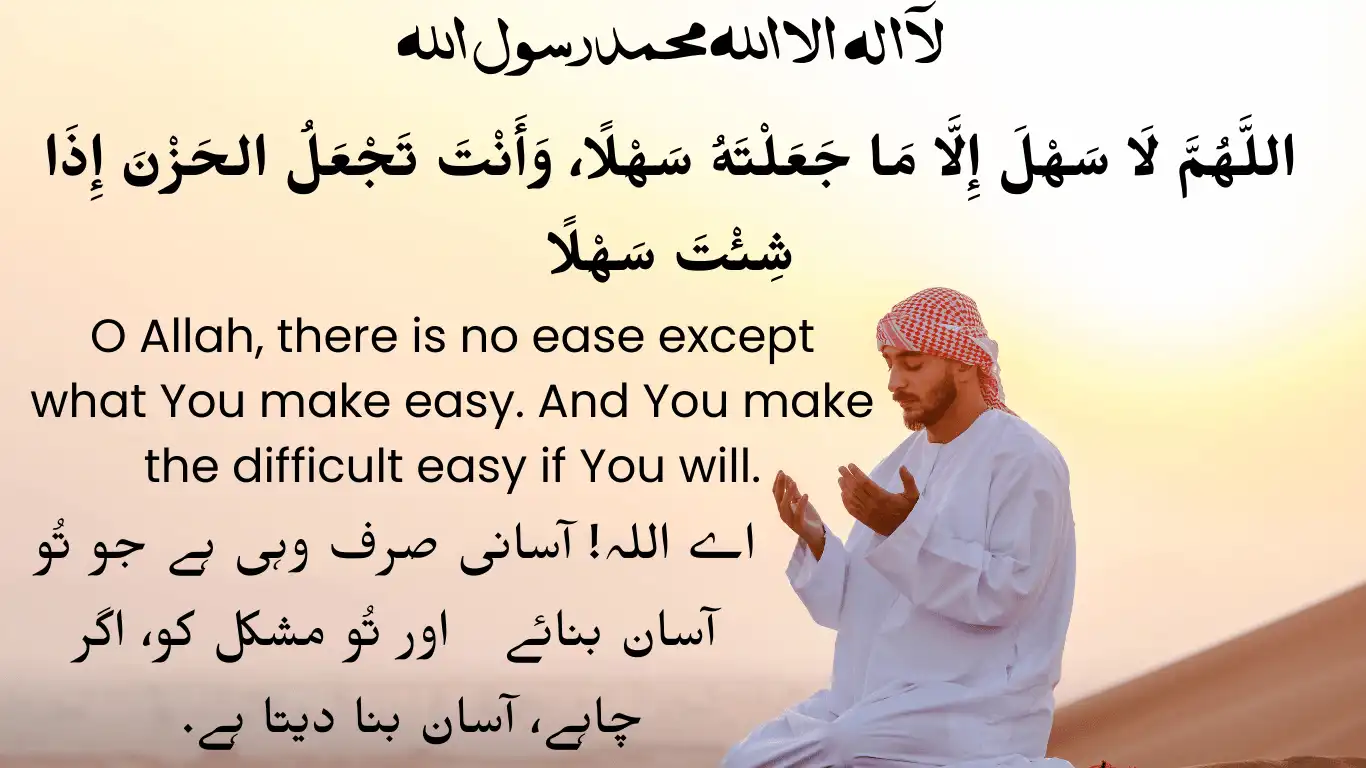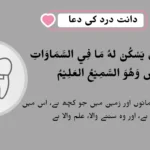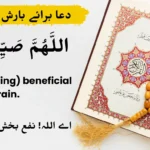Allahumma La Sahla is a deeply meaningful dua (supplication) that Muslims often recite when seeking ease in challenging situations. This beautiful prayer reminds us to turn to Allah for help, knowing He alone has the power to transform difficulties into ease.
In this article, we will explore the full Arabic text of this dua, its English and Urdu translations, its significance, and how it can bring peace to your life. Let’s dive into its details.
| What is Rabbish Rahli Sadri Full Dua? |
| Allahu Nooru Samawati Wal Ard |
| Iman e Mufassal- 6 Pillar of Islamic Faith |
| Iman-e-Mujmal The Concise Declaration of Faith |
The Full Dua: Allahumma La Sahla
Arabic Text
اللَّهُمَّ لَا سَهْلَ إِلَّا مَا جَعَلْتَهُ سَهْلًا، وَأَنْتَ تَجْعَلُ الحَزْنَ إِذَا شِئْتَ سَهْلًا
English Translation
“O Allah, there is no ease except what You make easy. And You make the difficult easy if You will.”
Urdu Translation
اے اللہ! آسانی صرف وہی ہے جو تُو آسان بنائے۔ اور تُو مشکل کو، اگر چاہے، آسان بنا دیتا ہے۔
Significance of Allahumma La Sahla
This dua holds a profound lesson for all believers. It emphasizes that only Allah can ease our hardships. Whether it’s stress, anxiety, or a specific challenge in life, reciting this supplication fills our hearts with hope and strengthens our reliance on Allah.
Breaking Down the Dua
Phrase 1: “اللَّهُمَّ لَا سَهْلَ إِلَّا مَا جَعَلْتَهُ سَهْلًا”
- Translation: “O Allah, there is no ease except what You make easy.”
- Reflection: This part reminds us that true ease and comfort come only from Allah. No matter how insurmountable a problem seems, Allah has the power to make it manageable.
Phrase 2: “وَأَنْتَ تَجْعَلُ الحَزْنَ إِذَا شِئْتَ سَهْلًا”
- Translation: “And You make the difficult easy if You will.”
- Reflection: This phrase is a testimony of Allah’s absolute authority. It acknowledges that He alone can change sorrow into joy and hardship into relief.
When to Recite This Dua?
- Before Facing a Challenge
Whether it’s an exam, an interview, or any daunting task, recite this dua to seek Allah’s assistance. - During Moments of Stress
Whenever you feel overwhelmed, this supplication will bring calmness to your heart. - In Times of Sorrow
If life feels heavy with sadness, recite this dua to seek solace and comfort.
How “Allahumma La Sahla” Connects to Our Faith
This dua not only demonstrates the importance of relying on Allah but also fosters a positive mindset. When we internalize its meaning, we develop patience and resilience, knowing that Allah’s help is always near.
Tips to Make This Dua Part of Your Routine
- Morning and Evening Remembrances
Incorporate this dua into your daily adhkar (remembrances) to start and end your day with a positive mindset. - Before Important Decisions
Use this supplication to seek guidance and ease when making significant life decisions. - Write It Down
Keep this dua written in your diary, phone, or workspace to remind yourself to recite it regularly.
FAQs
Allahumma La Sahla” means, “O Allah, there is no ease except what You make easy. And You make the difficult easy if You will.” It is a dua to seek ease and comfort from Allah.
Yes, you can recite this dua whenever you face difficulties, stress, or need Allah’s help to make things easier.
This dua is found in various Islamic texts and is widely used by Muslims to seek Allah’s assistance during challenging times.
Conclusion
The dua “Allahumma La Sahla” is a beautiful reminder of our dependency on Allah for ease and relief. By making this supplication a part of our daily lives, we can face challenges with faith, patience, and strength.
Recite this dua with sincerity and trust in Allah, and you’ll find comfort in even the most difficult times. May Allah make all your hardships easy and grant you peace.




